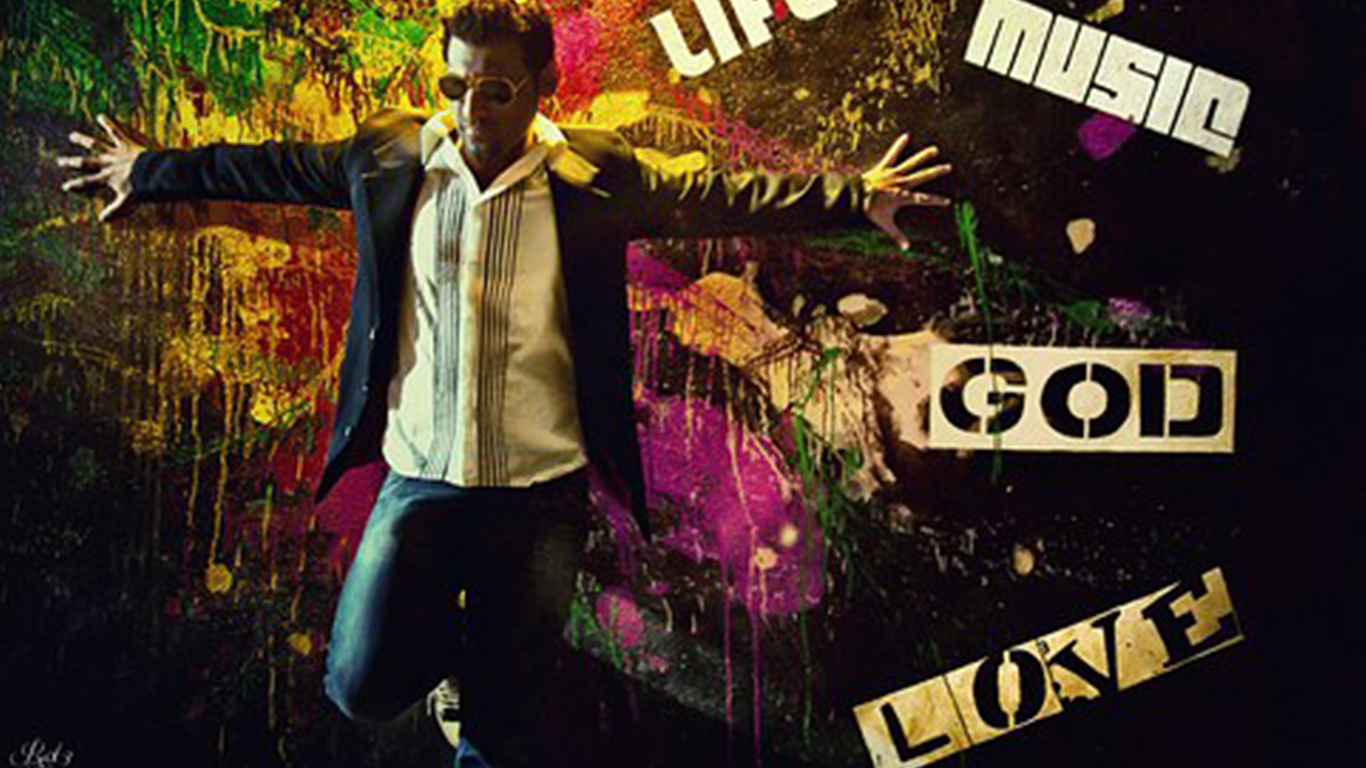Monolithic Culture: How Siloed Thinking Crushes Creativity

The end of the year usually brings good cheer, solemn reflection and future planning. Countless think pieces give us the obligatory “Best Of” list in music, film and culture in general. The end of 2014 brought a special gift to those of us who are cultural voyeurs. We were treated to the release of a multitude of hacked communication between executives at Sony, which gave us an inside (though illegal) look at the machinations of this giant. We were now privy to movie superstar salaries, profanity laced emails arguing the merit of bankable stars like Angelina Jolie, Kevin Hart and Leonardo DiCaprio. The gossip, the egos, the ridiculous budget demands for likely future flops (yes, we’re looking at you Angelina, Cleopatra is a phenomenally bad idea) were on full display. What was also on full display was racially insensitive comments between Sony CEO Amy Paschal and producer Scott Rudin as the speculated on what type of movies President Obama might enjoy. Listing films with either predominately black themes or cast, such as 12 Years A Slave, Think Like A Man or Django Unchained one can only marvel at both the laziness and the tone deaf nature of this exchange. Many used this episode to discuss the hypocrisy of a Hollywood establishment that is often perceived as a bastion of liberal politics. Instead, I think it is more endemic of a belief system that permeates not only our creative institutions but traditional business as well. Culture is viewed as a monolithic whole, with little nuance, or attention paid to the margins. In short, silos are created to help decision makers produce better results but instead they segregate and ultimately crush creativity.
The Sony emails are important as they gave us insight into an off color moment in the lives of two very powerful people in Hollywood. These people are at the top of the decision-making food chain and help shape popular culture in a significant way. Their comments, made in jest and in their minds privately, are informative as it clues us into bias. They regard the taste and preferences of African American consumers to be monolithic in mature. The taste of President Obama, by the virtue of his blackness means he must prefer films that represent his “silo”. More dangerously it assumes that he (and by extension all of us) can’t like BOTH the aforementioned films as well as others across a range of themes. In essence, you can’t like 12 Years A Slave and Kevin Hart AND also enjoy Paul Thomas Anderson films and likely Oscar nominated Best Picture Birdman. These ideas should not be in conflict but in the viewpoints of those who have a monolithic cultural bias they most certainly are. Monolithic cultural bias is an “either/or” decision model. You have to either be one thing or another; you can’t be an amalgamation of many things. Your interest, viewpoints and value system have to fit into one neat silo or another. This is lazy and results in missed opportunities for those who wish to thrive in the cultural space.
When you lump people into predetermined silos you miss important cultural opportunities that exist on both the margins and by recognizing nuance. The margin is the driver of change and in fresh perspectives. Failing to acknowledge a margin exist much less to see it assures you miss sub cultures and authentic cultural expression in their infancy. Lack of recognition of nuance is ultimately a lack of recognition of diversity. Rather than be creative and take a chance to identify the value that lies with diverse communities it is easier keep doing the same thing. Clinging to these notions of monolithic culture strangles creativity at the root. I am not certain change can come at the top of these organizations, though it definitely needs to. At least we have an opportunity to question the assumptions of monolithic culture bias and advocate for more diverse and nuanced perspectives.
